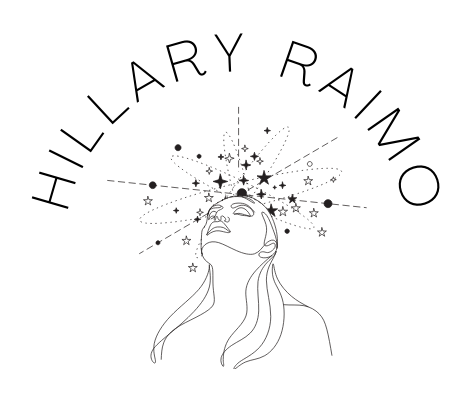There are many beliefs and theories that are presented as scientific but lack evidence, rationality, or scientific method. Such beliefs and theories are usually placed under the category of pseudoscience. Most pseudoscientific beliefs often gain popularity among people because they seem to provide easy answers to complex questions.
They also offer a sense of control, and play into our biases and desires. Here, we’ll take a look at the most popular pseudoscientific beliefs that continue to control the minds of many individuals:
1. Homeopathy
This is a form of alternative medicine that’s based on the idea that ‘like cures like’. It uses highly diluted substances, often with no active ingredient, for treating a variety of ailments. In homeopathy, a substance that causes symptoms in a healthy person can cure similar symptoms in a sick person.
Over the years, there has been no scientific evidence that could support homeopathy. Besides, the dilution process used in homeopathic remedies is quite extreme. As a result, there’s no active ingredient left in the final product.
2. Astrology
When an individual is born, the celestial bodies are at a certain position at the time of his or her brith. According to astrology, the position of the celestial bodies at the time of a person’s birth determines what the individual’s future would be. The position of stars and planets at the time of your birth can also influence your personality, relationships, and life events.
Despite lacking any scientific evidence, astrology continues to be popular among people. They’re mostly the ones who seek guidance or validation from the stars. Numerous studies have shown that this is just a belief and there are no co-relations.
3. Ancient Aliens
In recent times, the ancient aliens theory has got a lot of support through television shows. The theory has also been popularized through books and several online communities. It is mainly based on the belief that extraterrestrial beings have visited Earth in the past.
This theory further states that these beings also influenced human history and culture. Those who support this belief often rely on ancient artwork or architecture. They carefully choose only a few ancient works of art and architecture that appear to depict aliens or advanced technology.
4. Crystal healing
There are some who believe that certain crystals and gemstones have healing properties. According to them, these crystals and gemstones can promote physical and emotional well-being in an individual. There’s no evidence available that could support this claim.
Even when there’s no scientific evidence for this, crystal healing has become increasingly popular today. Many individuals use crystals for everything from reducing anxiety to curing cancers. Even if there are any perceived benefits of this type of healing, they’re likely due to the placebo effect.
5. Anti-vaccination movement
The anti-vaccination movement has gained a lot of support in recent years. It is based on the belief that vaccines are harmful and can cause autism, allergies, and other health problems. Lots of scientific evidence have been presented, suggesting that vaccines are safe and effective.
Despite presenting such facts, this movement continues to grow and attract many believers. It often gets support through conspiracy theories and misinformation doing the rounds on social media.


